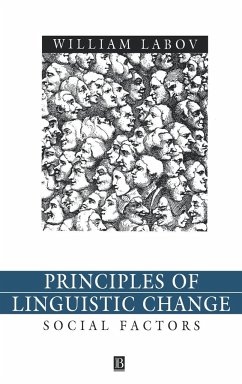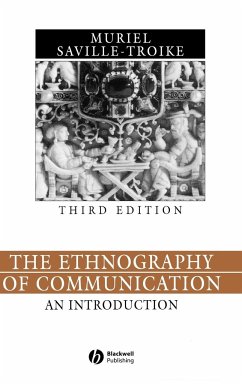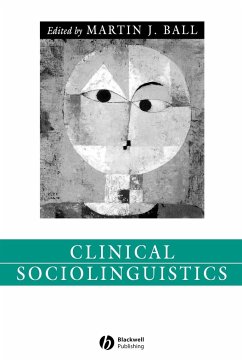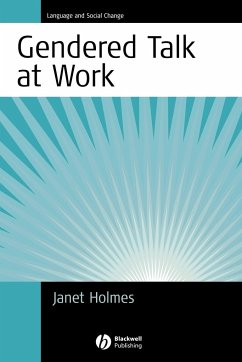
Principles of Linguistic Change, Volume 2
Social Factors

PAYBACK Punkte
23 °P sammeln!
This volume presents the results of several decades of inquiry into the social origins and social motivation of linguistic change. It includes the first complete report on the Philadelphia project designed to establish the social location of the leaders of linguistic change. These findings are developed further on the basis of a broad range of sociolinguistic studies in the 1980s and 1990s, as well as the recently completed Atlas of North American English. Successive chapters on social class, neighborhood, ethnicity, gender, and social networks delineate the leaders of linguistic change as wom...
This volume presents the results of several decades of inquiry into the social origins and social motivation of linguistic change. It includes the first complete report on the Philadelphia project designed to establish the social location of the leaders of linguistic change. These findings are developed further on the basis of a broad range of sociolinguistic studies in the 1980s and 1990s, as well as the recently completed Atlas of North American English. Successive chapters on social class, neighborhood, ethnicity, gender, and social networks delineate the leaders of linguistic change as women of the upper working class with a high density of interaction within their neighborhoods and a high proportion of weak ties outside of it. Detailed portraits of individual leaders show that the women who lead linguistic change are distinguished from others by their general pattern of deviation from established norms of conformity. Mathematical models are developed to account for the linear incrementation of change in progress, and the transmission of change across generations.












